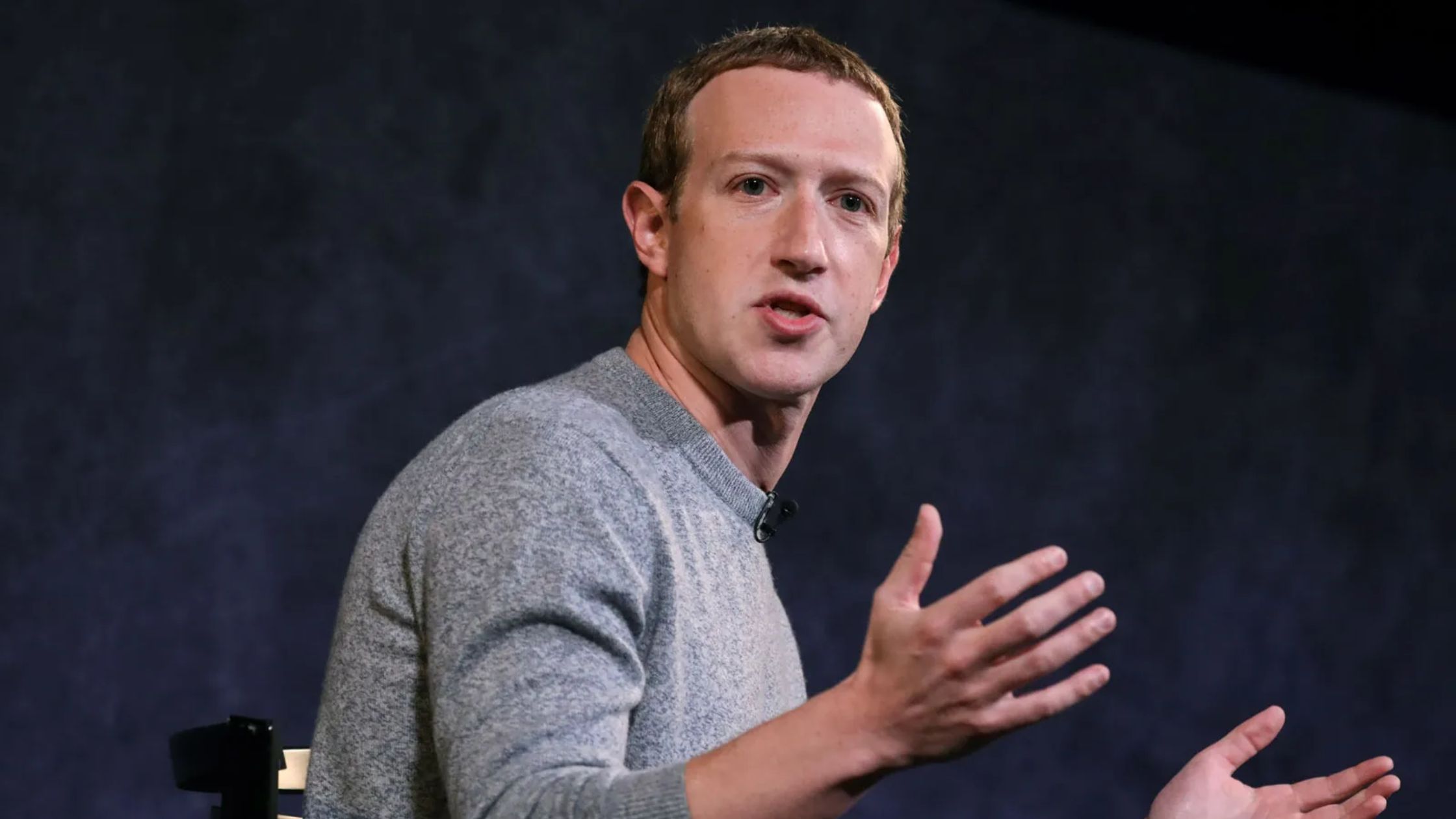The race for AI talent is intensifying — and while the headlines often focus on massive paychecks and eye-popping signing bonuses, Mark Zuckerberg says there’s a different reality playing out behind the scenes.
In a recent interview, the Meta CEO revealed that today’s most in-demand AI researchers aren’t just looking at salary when weighing offers from Big Tech. Instead, they consistently ask for two very specific things: access to vast computing power and minimal management duties.
“Historically, candidates would ask about the scope of their team,” Zuckerberg explained. “Now they say, ‘I want the fewest number of people reporting to me and the most GPUs.’”
Compute Is the New Currency
At the heart of this shift is the unprecedented demand for GPUs — the graphical processing units that power the training of cutting-edge AI models.
Meta itself has reportedly invested heavily in expanding its compute infrastructure, even building a data center nearly the size of Manhattan and spending $15 billion to acquire a 49% stake in Scale AI. That deal also brought Scale founder Alexandr Wang into Meta as its Chief AI Officer.
Zuckerberg isn’t alone in noticing this trend. Perplexity AI CEO Aravind Srinivas recounted a failed recruitment attempt last year where a candidate declined his offer bluntly: “Come back to me when you have 10,000 H100 GPUs.”
For elite AI researchers, having priority access to large clusters of GPUs isn’t a nice-to-have — it’s table stakes.
AI Talent Wants to Build, Not Manage
The other surprising demand? Researchers want fewer direct reports.
This reflects a clear shift in what motivates top AI talent today. They aren’t looking to manage big teams or climb corporate ladders — they’re driven by the opportunity to build and experiment directly.
Meta’s leadership has recognized this, giving many researchers lean teams (or no teams at all) but generous compute resources. As Zuckerberg put it, “Having the most compute per researcher is a strategic advantage, not just for getting the work done but for attracting the best people.”
The AI Talent War is Heating Up
Meta’s aggressive hiring tactics are no secret. Reports suggest the company has successfully poached talent from rivals like Google, Anthropic, and OpenAI, offering signing bonuses rumored to reach $100 million for star hires.
This is all part of Meta’s larger push to position itself as a leader in artificial general intelligence (AGI). And it’s happening as Nvidia’s GPUs — particularly the flagship H100 — remain a scarce and coveted resource in the industry.
The Bottom Line
In today’s AI talent wars, the formula is shifting. Yes, compensation still matters (and Meta is paying generously), but researchers are increasingly demanding the freedom to work independently and the hardware to execute their ideas at scale.
For companies hoping to lure the best and brightest, that means rethinking the traditional perks of senior positions. In 2025, GPUs and autonomy may be just as valuable — if not more — than salary.


